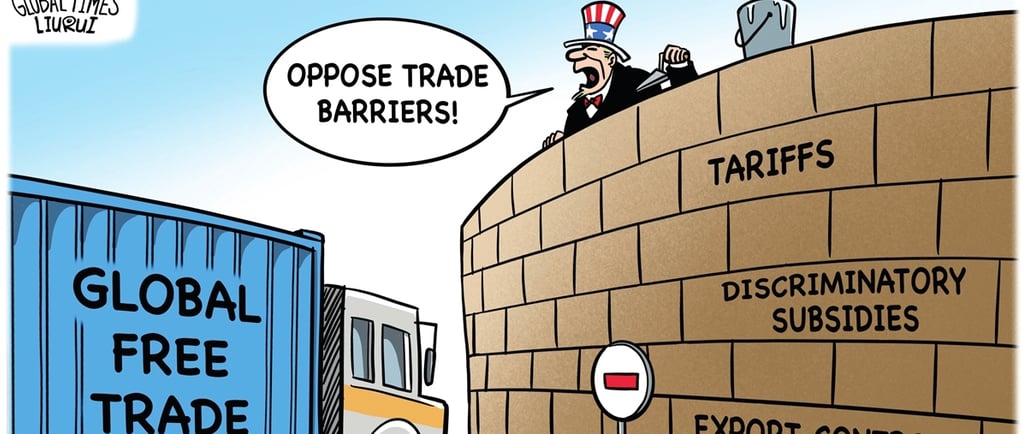Electrifying Uncertainty: Trump's Tariffs and the Global EV Landscape
E-MOBILITY
Karthik Javanappa
2/11/20252 min read


The recent implementation of tariffs by President Trump's administration has sent shockwaves through the global electric vehicle (EV) industry. As a strategy manager in this sector, understanding the implications of these policies is crucial for navigating the evolving market dynamics. Let's explore how these tariffs are affecting the EV industry in India and around the world.
Global Ripple Effects
Supply Chain Disruptions
Trump's 25% tariff on goods from Canada and Mexico, along with increased tariffs on Chinese imports, has significantly disrupted global automotive supply chains1. For the EV industry, which relies heavily on international component sourcing, this presents a major challenge. The 100% tariff on EVs and 25% on lithium-ion batteries from China particularly impacts global EV manufacturers1.
Cost Pressures
These tariffs are expected to increase production costs across the board. For instance, a 25% duty on the average $25,000 landed cost of a vehicle from Mexico and Canada would add $6,250 to the price2. This cost pressure is likely to be passed on to consumers, potentially slowing EV adoption rates globally.
Impact on India's EV Ambitions
Opportunity in Adversity
While not directly targeted by U.S. tariffs, India's EV industry could see both challenges and opportunities:
Component Sourcing: With disrupted supply chains, Indian manufacturers might face difficulties in sourcing certain EV components traditionally imported from China or other affected countries.
Export Potential: As U.S. tariffs make Chinese EVs less competitive, Indian manufacturers could potentially fill this gap in the global market, especially in price-sensitive segments.
Domestic Market Boost: Higher prices for imported EVs could make domestically produced vehicles more attractive, potentially accelerating India's own EV industry growth.
Strategic Implications for Global Players
Diversification of Supply Chains
EV manufacturers worldwide are likely to reassess their supply chain strategies. This could lead to:
Increased localization of production
Exploration of new sourcing partnerships, potentially benefiting countries like India
Innovation Push
The added cost pressures may accelerate innovation in EV technology, particularly in areas like:
Battery technology to reduce reliance on imported materials
Manufacturing processes to offset increased component costs
Market Repositioning
Global EV brands may need to reconsider their market positioning and pricing strategies in light of these tariffs. This could lead to:
A shift towards premium positioning to absorb higher costs
Increased focus on markets less affected by U.S. tariffs
The full impact of Trump's tariffs on the global EV industry is still unfolding. As strategy professionals, we must remain agile and prepared to adapt to these changing dynamics. While challenges are evident, opportunities for innovation, market expansion, and strategic partnerships also emerge.For India and other emerging EV markets, this period of global uncertainty could serve as a catalyst for accelerating domestic EV ecosystems. The key will be to balance short-term adaptations with long-term strategic vision in this rapidly evolving landscape.
Image source: Global times article
